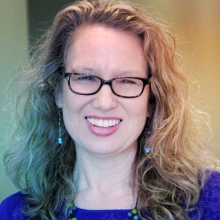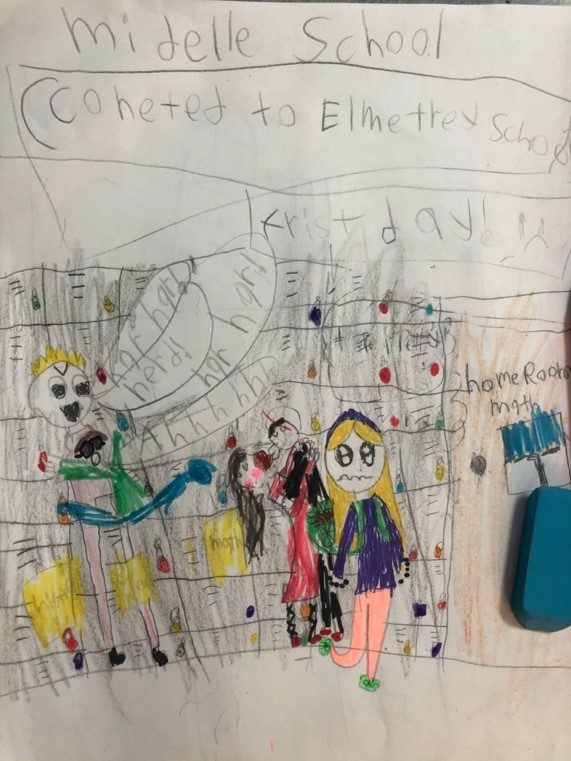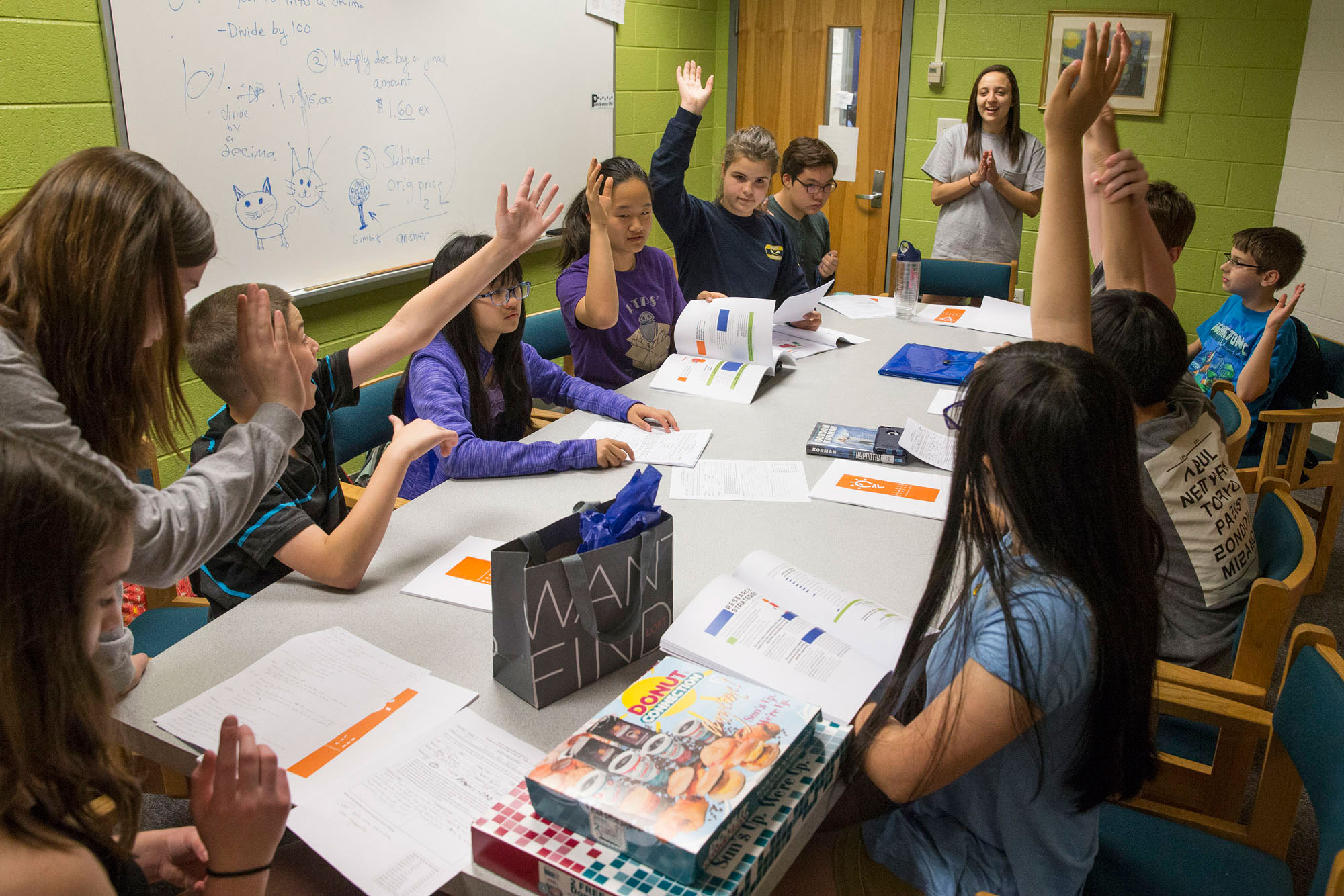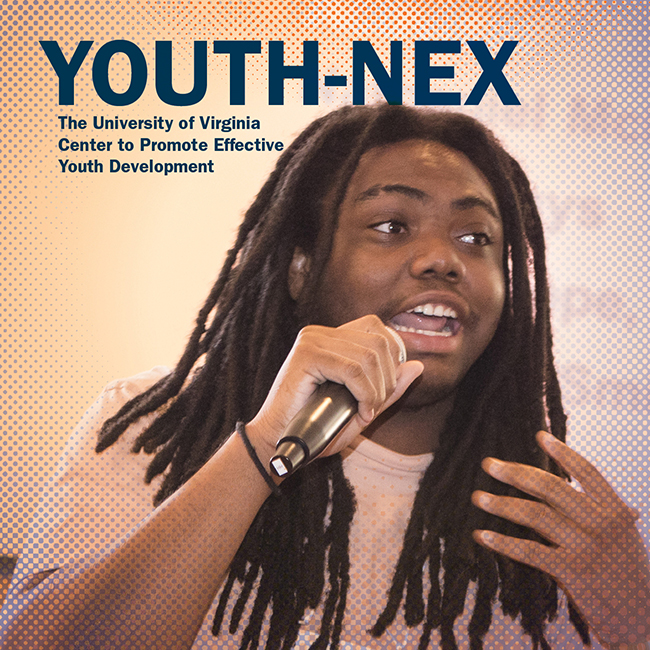If We Remake Middle School, What Would That Mean for Teens?
 During the past year of the pandemic, educators everywhere have been forced to reconsider what and how students need to learn. Before COVID-19 changed our everyday lives, there was a growing movement supporting the idea that middle school is due for a major redesign. Nancy Deutsch, the Linda K. Bunker Professor of Education at the School of Education and Human Development at the University of Virginia, writes about new work to remake middle school and what that would mean for the adolescents in your life.
During the past year of the pandemic, educators everywhere have been forced to reconsider what and how students need to learn. Before COVID-19 changed our everyday lives, there was a growing movement supporting the idea that middle school is due for a major redesign. Nancy Deutsch, the Linda K. Bunker Professor of Education at the School of Education and Human Development at the University of Virginia, writes about new work to remake middle school and what that would mean for the adolescents in your life.
IF WE REMAKE MIDDLE SCHOOL, WHAT WOULD THAT MEAN FOR TEENS?
Recently during quarantine, I noticed my eight-year-old daughter was working on a comic book, the title of which was Middle School Jitters. The illustration on the cover of the book was a scene from a middle school hallway: on one side was two students hitting each other and on the other was two students kissing. When I asked her to tell me more about it, my third-grader said, ‘Mom, you are remaking middle school…you should know how bad it is!’

I serve as director of Youth-Nex, the UVA Center to Promote Effective Youth Development. And my daughter was referring to our Remaking Middle School initiative, which the center launched in 2019.
This story is an example of the enduring narrative about middle school being extremely difficult years. The best we can do, the story goes, is to power through them, hoping for the relief that comes with high school. This narrative is reinforced through popular books and movies, and as a result, even elementary school students, not to mention parents, learn to fear the middle school years. However, research on both adolescent development and successful models of middle schools, including work being done at Youth-Nex, suggests that not only is that narrative incomplete, but perpetuating it can have significant impacts. Indeed, this narrative not only creates unnecessary anxiety in younger children, but it can also become a self-fulfilling prophecy.
Our Remaking Middle School initiative, a dedicated national effort to transform middle schools, believes these middle years are wholly different and have the potential to be truly transformative. What would middle school look like if it was grounded in the science of learning and development and designed around adolescents’ unique developmental needs? What could middle school be if it capitalized on the tremendous brain growth occurring during these years, supported young adolescents in exploring who they are and who they want to become, and provided students with opportunities to both matter and belong to their communities?
Using a network of researchers, teachers, and administrators, we recently released a suite of new resources for educators, designed in an iterative process for more than a year. The curated resource guides, toolkits, project ideas, and more are based on four basic developmental needs of adolescence: autonomy, competence, belonging, and identity.

The middle school years represent an optimal developmental period for centering youth voice and inspiring youth to take action regarding issues impacting their lives, including their education. With this focus, we are helping educators to adopt practices that center youth voice in their schools, recognizing that giving early adolescents a voice in school empowers them and makes them feel like they belong, they are valued, and their contributions matter.
Young adolescents also benefit from teachers who understand their diverse needs and identities. As such, we are helping educators create developmentally responsive learning opportunities with clear and compelling materials that describe characteristics of young adolescents and illustrate how specific teaching approaches can align with these characteristics to optimize student learning.

To transform middle grades programs, practices, and policies, young adolescents must have access to experiences that align with and support their developmental needs. Towards this, we are working with school leaders, classroom teachers, school support staff, district leaders, and policymakers to better understand their knowledge of adolescent development in the hope they will align their practices to key principles of young adolescent learning and development.
 For adults who want to learn more about how to support autonomy, competence, belonging, and identity in the classroom, the Remaking Middle School initiative resources are available for free on our website:
For adults who want to learn more about how to support autonomy, competence, belonging, and identity in the classroom, the Remaking Middle School initiative resources are available for free on our website:
The project is launching a new listening tour in 2021, so watch the Youth-Nex website and social media channels for updates. Also, listen to our podcast series, “Lessons in Adolescence,” and explore the many facets of adolescence, from the awkward to the awesome!
- Guastavino Tile at the University of Virginia
- Abraham Lincoln on Character, Leadership and Education
- Silence is Golden: Celebrating the History of Silent Films
- Virginia Club of New York x The Essay Conqueror: The College Essayscape
- UVA Northern Virginia Programs Fair
- UVA Club of Los Angeles: Influential Communication